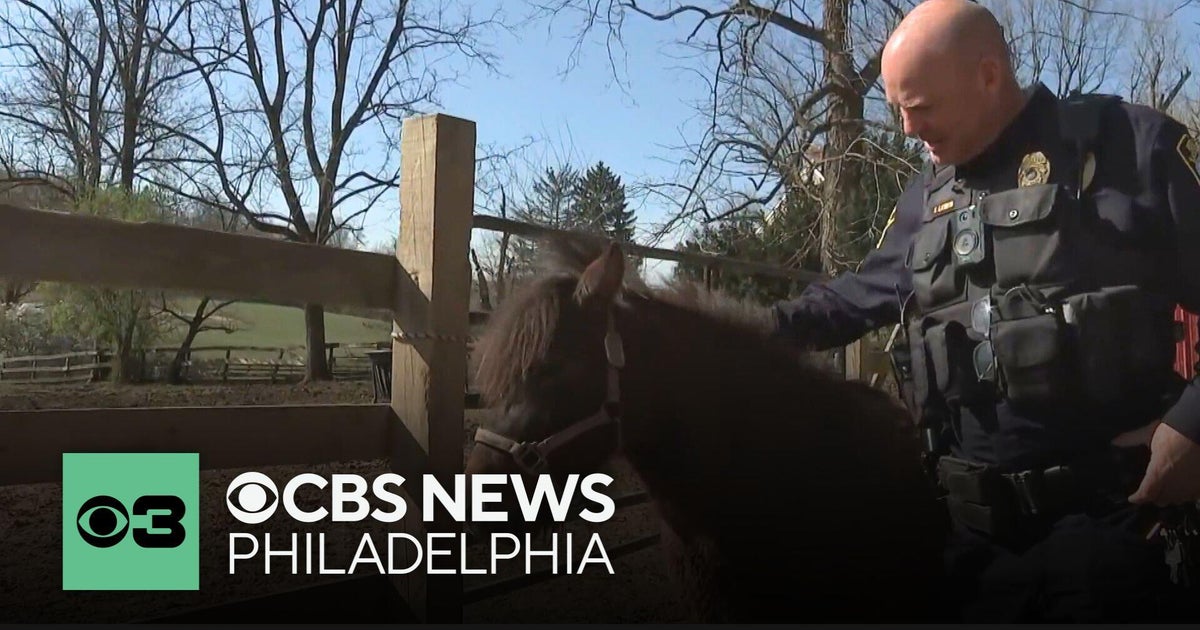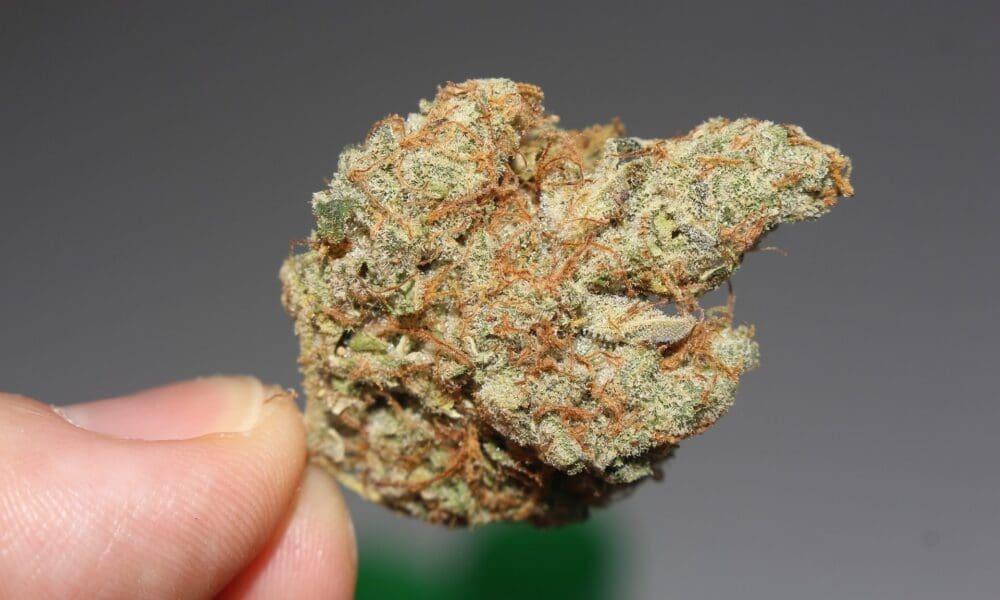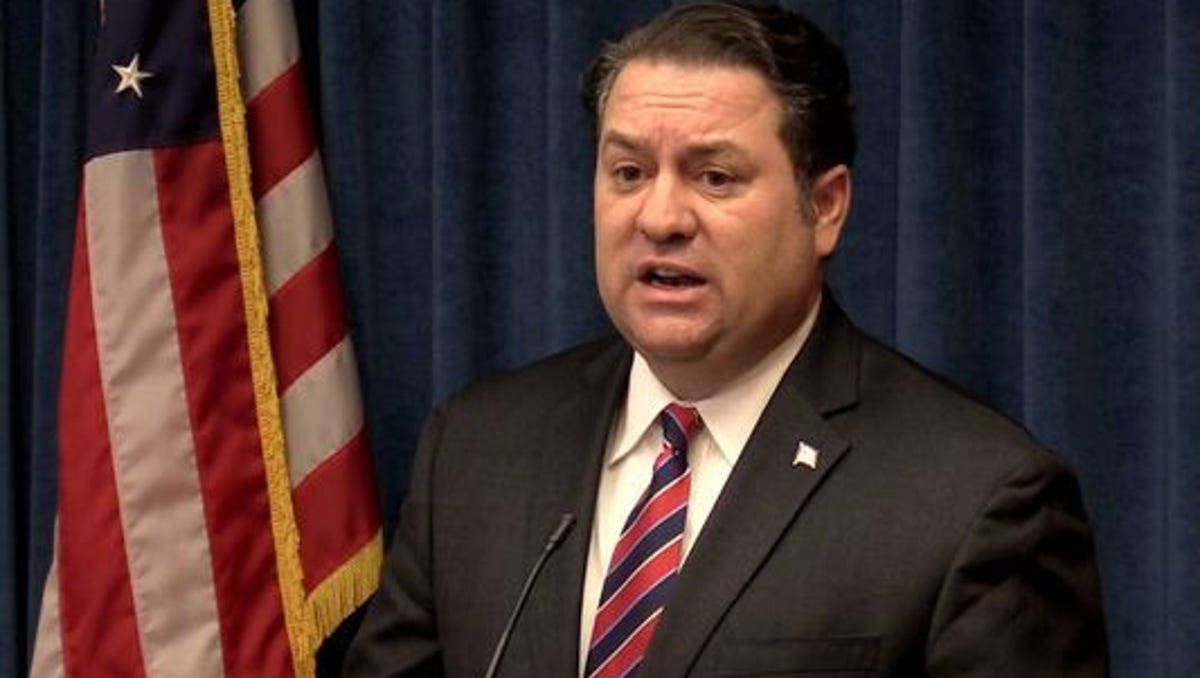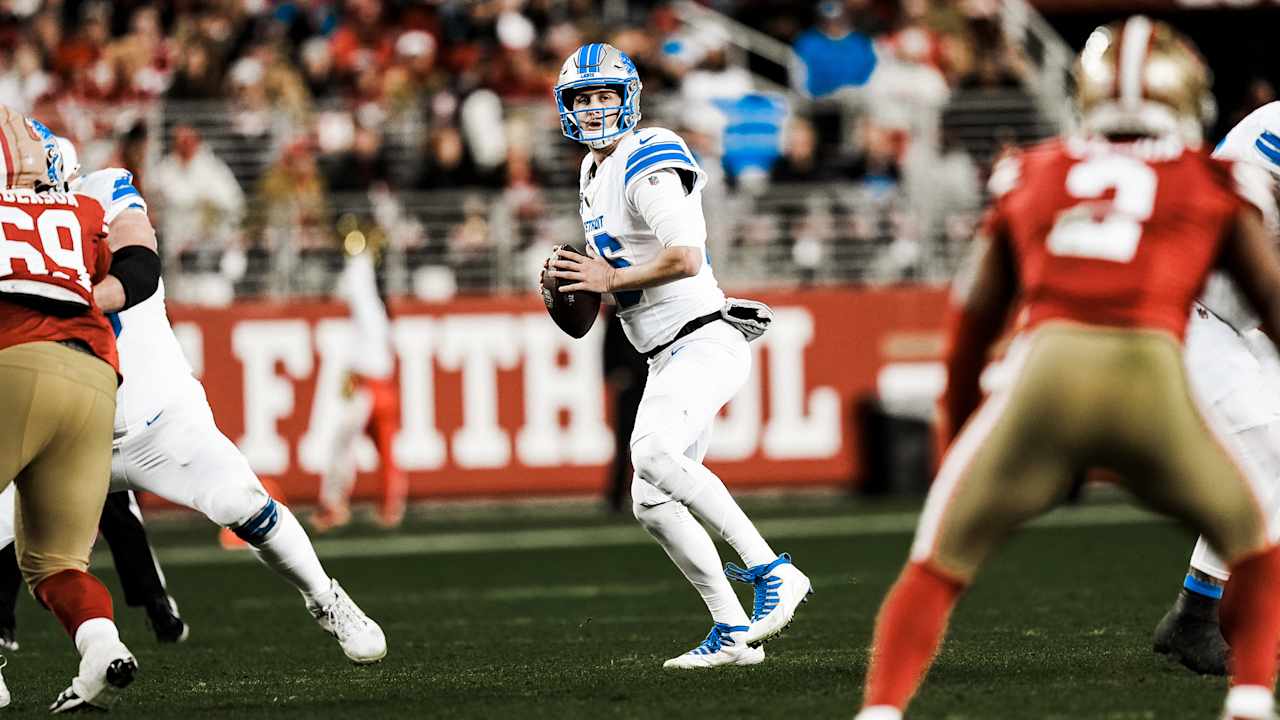Pennsylvania
Pennsylvania CPAs try out work-and-learn model for young accountants

The Pennsylvania Institute of CPAs is teaming up with universities, accounting firms and other associations to design and launch work-and-learn models that will enable students to continue their college education, begin working in firms or companies, and ultimately pass the CPA exam without compromising the 150-credit-hour requirement.
During PICPA’s annual meeting in Pittsburgh last month, the institute issued a framework for how it thinks the industry should move forward to address workforce pipeline issues, along with some of the main factors that should be considered.
“In recent months, we’ve done a lot of listening to CPAs across Pennsylvania to understand what they think about talent and pipeline concerns,” said PICPA CEO Jennifer Cryder. “We drafted an issue brief to reflect back what we’ve heard, so we put that in front of our board and council, and they unanimously voted to support it.”
The plan would not go as far as lowering the 150-hour requirement for qualifying for a CPA license, as the Minnesota Society of CPAs has proposed. Pennsylvania passed a law last year allowing students to sit for the CPA exam after just 120 hours, joining most other states.
“We were seeing lots of stories of students who are going to college in Pennsylvania, and wanted to pursue the CPA path, but because that was not permitted yet in Pennsylvania, to sit at 120, they would go to a neighboring state, because most of the neighboring states had sit at 120 laws,” said Cryder. “We advocated really hard for that one and did a lot of consensus building. On both sides of the aisle in Pennsylvania, we’re fortunate to have some fabulous CPA legislators that helped get that through. We worked with a really strong bipartisan coalition to make that happen. I’m hearing from students and educators all the time that they’re so thrilled with that change. It went into effect in January of 2023 here in Pennsylvania. The first couple of months of the year, I’ve gotten some really lovely notes, saying, ‘Oh, I’m so glad we can sit at 120 in Pennsylvania now. We don’t have to go to New York, thank goodness.’”
PICPA’s framework acknowledged that any drastic changes to Pennsylvania licensing requirements could threaten the substantial equivalency of Pennsylvania licenses, limit mobility, and expose the licensure model to other threats. The organization advocated for increasing diversity and access to the profession without threatening mobility to better prepare candidates for a career as a CPA. Pathways that meet these requirements include accounting and finance-related, academically rigorous work-and-learn programs.
“As a profession, we have to work quickly and collaboratively to develop an inclusive solution for human capital,” said Cryder. “It’s got to be a long-term strategy. In our discussions, we were keeping trust at the core, because that is foundational to our profession.”
Over the past year, she has been looking at various work-and-learn models across the commonwealth and finding increased flexibility in how students can earn the extra 30 credit hours.
“In Pennsylvania, the CPA law is quite flexible in terms of how we can achieve work-and-learn models,” said Cryder. “A lot of my time is spent talking with firm leaders, accounting educators and universities. I’m finding that many of them are eager to innovate around these ideas.”
She is optimistic there will be some pilot programs in the fall in Pennsylvania. Getting credit for an internship is not a new idea and has been common over the years, but the process is now being viewed differently.
“What’s changed is the level of credits that firms and universities are willing to consider, as we’re trying to solve for how we get those extra 30 credits,” said Cryder. “How do we make them meaningful? I am finding firms and universities are much more willing to consider anywhere from three to 30 credits of either credit for work experience, where the work has academically rigorous learning objectives and gets put on a transcript. Or, if they’re not giving college credit for the actual work itself, I’m hearing a lot of models where perhaps the firm is approaching a student with 120 credit hours differently and saying, ‘OK, you’ve got a bachelor’s in accounting. We’re going to bring you into the firm as full-time staff, and we’re going to support you at a whole different level as you get those 30 credit hours and pursue the CPA credential.’”
That’s a different attitude than in the past. “In the past, the expectation from firms was that candidates would come in CPA ready, having finished the 150,” said Cryder. “What I’m seeing in Pennsylvania is a real shift to saying I’m willing to hire new staff at 120 credit hours, and then make time in your schedule, actually blocking out hypothetically 10 hours a week, let’s just say. We’re actually going to block that out and not schedule you, so that you can complete the coursework you need to get to the 150 and be CPA ready. Firms are recognizing that candidates need that level of support to get there, and they need to be helpful and responsive to that.”
She expects to see more programs launching during the fall semester. “Right now I’m hearing immense interest,” said Cryder. “Maybe it’s not a silver bullet that solves the entire pipeline problem, but here’s a really practical solution that does not threaten mobility and substantial equivalency where we can make a real impact now. We don’t have a very long runway to make an impact on this problem. We will see some pilots in the fall, I think, so from those pilots, we’ll see what outcomes they drive: how’s the experience for the university, for the student and for the firm.”

Pennsylvania
Police officer adopts horse he rescued in Chester County, Pennsylvania

Watch CBS News
Be the first to know
Get browser notifications for breaking news, live events, and exclusive reporting.
Pennsylvania
Top Pennsylvania Lawmaker Says Democrats Are Ready To Pass Marijuana Legalization Bill, But ‘We Will Need Republican Support’

A top Pennsylvania House lawmaker says Democrats are ready to pass a marijuana legalization bill this session, but that the party “will need Republican support” to get the job done—adding that it will be a “heavy lift.”
At an event organized by the progressive non-profit Represent PA on Tuesday, House Speaker Joanna McClinton (D) said that legalizing and regulating cannabis sales is one way the state can raise revenue, as well as imposing a tax on certain gambling games.
“Most House Democrats support [marijuana legalization], though we will need Republican support for passing a bill this massive,” she said. “It’s going to be a heavy lift.”
She added that the reform “could be a new economic opportunity—from farmers to [dispensaries] and those who put together edibles.”
While Democrats narrowly control the Pennsylvania House, there’s a GOP majority in the Senate, so McClinton stressed that there’s an open question about whether that chamber will go along with the reform, which Gov. Josh Shapiro (D) also included in his latest budget proposal.
“Nearly half of U.S. states have already legalized recreational marijuana, including nearly all of our neighbors,” McClinton separately told The Daily Pennsylvanian. “Right now, many Pennsylvanians are simply driving to New Jersey or Maryland to purchase marijuana legally.”
While polls have shown bipartisan support for legalization among voters, the policy change has consistently stalled in the legislature, owing in large part to GOP opposition. But not all Republican members are against the reform—and one recently said she felt her party should seize the “opportunity to snatch” the issue from Democrats.
Rep. Rick Krajewski (D)—who announced in December his intent to file a legalization measure alongside House Health Committee Chair Dan Frankel (D)—said the policy would provide for “more responsible usage” of cannabis, compared to the status quo that’s left adults either buying from the illicit market or traveling across state lines to get regulated products.
“In terms of public health, when people buy stuff on the street or from smoke shops, they don’t know what else is in the product or the potency amount,” he said. “Legalization allows us to have protections over products.”
Krajewski also defended his and Frankel’s proposal to enact legalization through a state-run retailers—a novel regulatory model for marijuana that departs from what other lawmakers and the governor have called for in the past.
“With the model of state stores, we would get hundreds of millions of dollars more in state revenue because we would have proceeds from tax revenue and sales revenue,” he said.
“This is a clearly polarized issue and Pennsylvania is currently a purple state,” he added. “Getting any kind of legislative process moving has been difficult because some people aren’t even willing to engage on it.”
Rep. Jordan Harris (D) separately made the case in an interview with The Daily Pennsylvanian that legalization would benefit the states farmers, arguing that Pennsylvania’s agriculture community “should be growing and processing and reaping the benefits here within the state.”
“If we get this to the governor’s desk, I think surrounding states will see a decrease in their revenue because that money will be staying in Pennsylvania,” he said.
“What folks need to understand is that we have had medical marijuana in Pennsylvania for quite some time now and we have not seen a steep increase in the need for police or anything like that,” he added said. “So people’s mindset shouldn’t be ‘We’re flipping a switch from a dry state to a legalized state.’”
Frankel, for his part, said recently that he feels it’s feasible that the legislature could advance a legalization bill as part of the budget reconciliation process that must wrap up by the end of June.
The governor has similarly indicated that the reform could advance on that timeline. But there are still open questions about what, if any, cannabis legislation could garner the necessary consensus for enactment.
Meanwhile last month, the Pennsylvania House approved a separate bill sponsored by Frankel that’s meant to strengthen safety standards and oversight of the state’s medical marijuana program as lawmakers work to advance adult-use legalization.
While Pennsylvania’s medical cannabis program was enacted nearly a decade ago, lawmakers say the new measure, which now heads to the Senate, is necessary to improve testing compliance, product audits and lab inspections, among other aspects of the industry.
—
Marijuana Moment is tracking hundreds of cannabis, psychedelics and drug policy bills in state legislatures and Congress this year. Patreon supporters pledging at least $25/month get access to our interactive maps, charts and hearing calendar so they don’t miss any developments.
Learn more about our marijuana bill tracker and become a supporter on Patreon to get access.
—
Separately, in a video interview released last month, the governor emphasized that the state is “losing out” to others that have already enacted adult-use legalization, while maintaining a policy that’s enriched the illicit market.
“I think it’s an issue of freedom and liberty. I mean, if folks want to smoke, they should be able to do so in a safe and legal way,” he said. “We should shut down the black market—and, by the way, every state around us is doing it. Pennsylvanians are driving to those other states and paying taxes in those other states.”
Pennsylvania’s Republican attorney general recently said he wants to be a “voice for potential public safety risks” of enacting the governor’s proposal—though he said his office would be ready to enforce the new law if lawmakers did vote to pass it.
The state’s agriculture secretary separately told lawmakers that he’s fully confident that his department is in a “really good” position to oversee an adult-use marijuana program if lawmakers act.
Meanwhile, in February, top Pennsylvania police and health officials told lawmakers they are prepared to implement marijuana legalization if the legislature moves forward with the reform—and that they stand ready to work together as the details of legislation to achieve it are crafted.
Amid the growing calls for marijuana legalization in Pennsylvania, a GOP state senator said prohibition has been a “disaster,” and a regulated sales model for cannabis—similar to how alcohol and tobacco are handled—could serve as an effective alternative.
Voters are ready to see that policy change, according to a poll released last month.
The survey, commissioned by the advocacy group ResponsiblePA, found that nearly 7 in 10 voters in the state support the reform—including a majority of Republicans. And 63 percent want to see the legislature enact the reform this year, rather than delaying it.
A Republican Pennsylvania senator also recently defended the push to legalize and regulate marijuana, calling it “the most conservative stance” on the issue.
Maryland Bill To Let Adults Make Marijuana Edibles And Concentrates At Home Heads To The Governor
Pennsylvania
New road design confuses Pennsylvania residents

Watch CBS News
Be the first to know
Get browser notifications for breaking news, live events, and exclusive reporting.
-

 News1 week ago
News1 week agoTrump Is Trying to Gain More Power Over Elections. Is His Effort Legal?
-

 News1 week ago
News1 week agoWashington Bends to RFK Jr.’s ‘MAHA’ Agenda on Measles, Baby Formula and French Fries
-

 News1 week ago
News1 week agoCompanies Pull Back From Pride Events as Trump Targets D.E.I.
-

 World1 week ago
World1 week agoAt least six people killed in Israeli attacks on southern Syria
-

 Technology1 week ago
Technology1 week agoTrump officials planned a military strike over Signal – with a magazine editor on the line
-

 Technology1 week ago
Technology1 week agoThe FBI launched a task force to investigate Tesla attacks
-

 World1 week ago
World1 week agoNo, Norway and Sweden haven't banned digital transactions
-

 Culture1 week ago
Culture1 week agoAnalysing Jamal Musiala’s bizarre corner goal for Germany against Italy



















